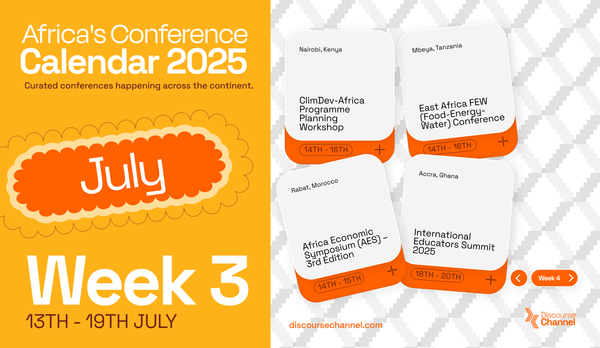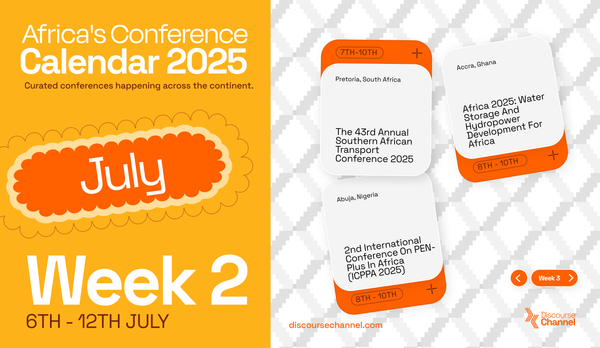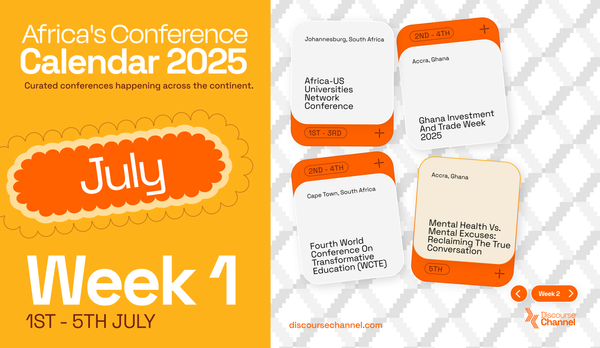Partnering for Change 2025: Advancing Women’s Economic Empowerment & Systems Change in West Africa
Leaders from across sectors convened at the Partnering for Change event on March 5, 2025, to drive forward the agenda of women’s economic empowerment and systems change in West Africa.
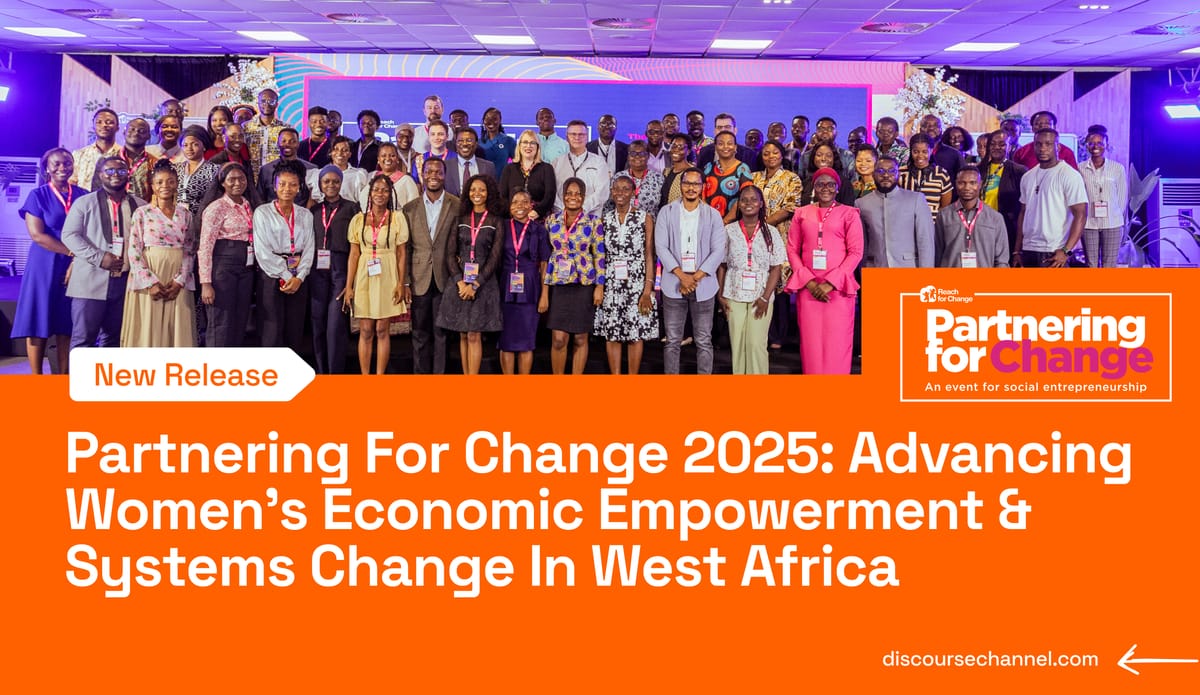
Leaders from across sectors convened at the Partnering for Change event on March 5, 2025, to drive forward the agenda of women’s economic empowerment and systems change in West Africa. Organised by Reach for Change, in partnership with the BMW Foundation, Scania West Africa, Africa Discourse Channel and WIDU.Africa, this exclusive roundtable brought together policymakers, investors, corporate leaders, and social entrepreneurs to examine the systemic barriers that hinder women’s economic progress and to chart a collaborative path forward.

Under the theme “Women, Economic Empowerment & Systems Change,” the event provided a dynamic platform for thought leaders and changemakers to discuss strategies for fostering an inclusive and equitable entrepreneurial ecosystem. Discussions focused on the challenges faced by women entrepreneurs in accessing capital, breaking into critical value chains, and gaining recognition in leadership roles.
A Call to Action: From Dialogue to Tangible Change
In her opening address, Sofia Breitholtz, CEO of Reach for Change, emphasised the importance of cross-sector collaboration in dismantling systemic barriers to women’s economic empowerment.
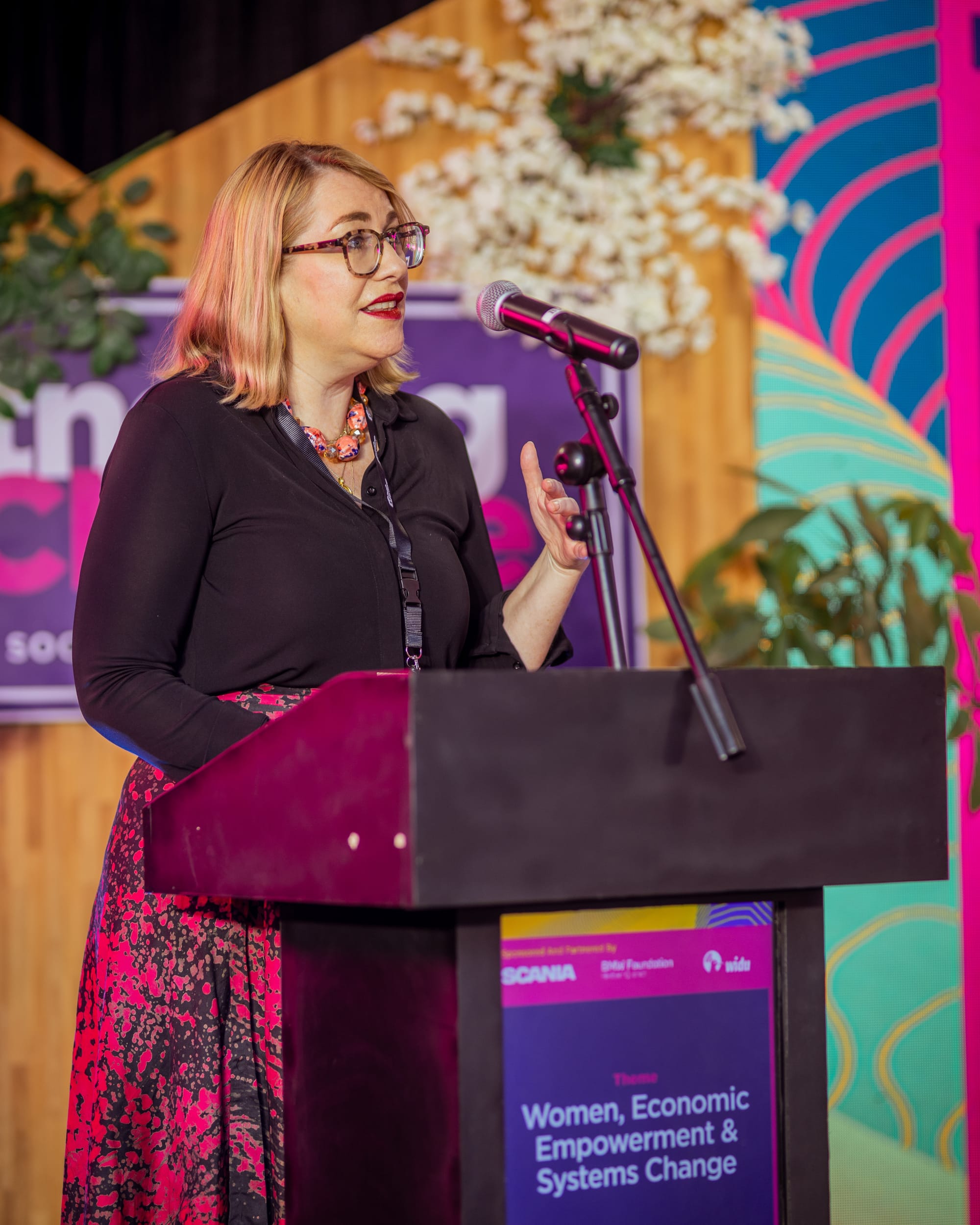
"We live in turbulent times, but rather than succumb to pessimism, we must mobilise sectors, forge new alliances, and take action. Entrepreneurship is a powerful vehicle for change, especially for women, and today’s event is about ensuring that entrepreneurs have the visibility, capital, and access they need to thrive. Change cannot happen in isolation—government, private sector, and social enterprises must work together to create an inclusive economic landscape."
Breitholtz stated.
She underscored the need for sustained engagement beyond the event, encouraging attendees to take concrete steps toward gender-inclusive policies, funding mechanisms, and capacity-building initiatives.
The EU’s Commitment to Gender-Inclusive Business Policies
Representing the European Union in Ghana, EU rep - Margo (Malgozata) Pitura, Programme Officer - Economic, Private Sector and Trade section, highlighted the pressing need for a more inclusive business environment, acknowledging that “systemic barriers continue to hinder women and young entrepreneurs from fully accessing economic opportunities.”
The EU announced a new programme for Green, Digital, and Inclusive Private Sector Development (PSD), designed to enhance access to finance, improve regulatory frameworks for SMEs, and equip women and youth entrepreneurs with digital and green skills.
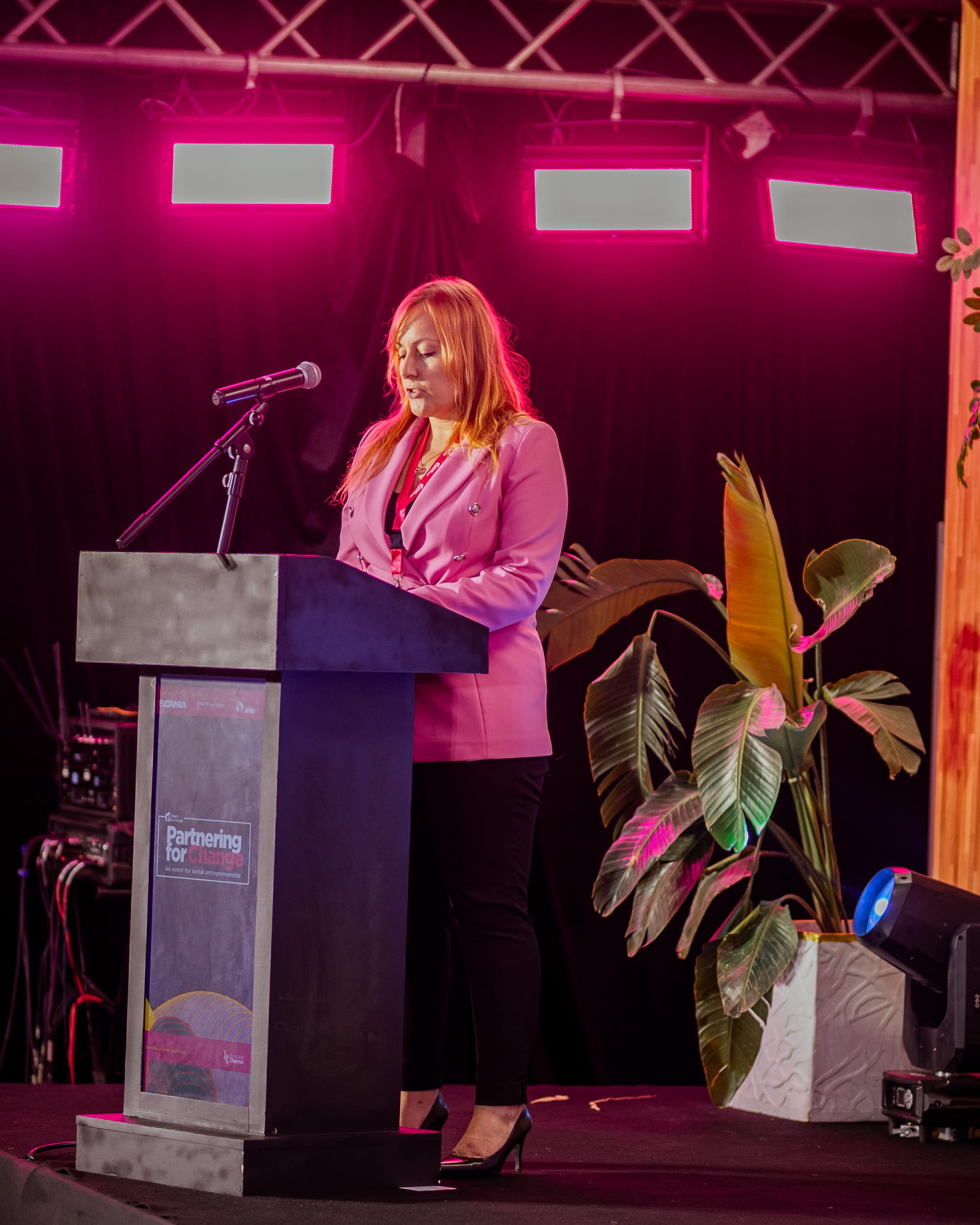
"We are pleased to be launching targeted technical assistance to the Ghana Chamber of Young Entrepreneurs to advance gender and youth-inclusive business policies. By addressing the root causes of economic disparity, we can create an ecosystem where women entrepreneurs are not just participants, but leaders in driving sustainable economic growth,"
the EU representative added.
Sweden’s Commitment to Women’s Leadership and Digital Empowerment
In her address, H.E. Ms Annika Hahn-Englund, Ambassador of Sweden to Ghana, reinforced Sweden’s dedication to promoting gender equality, highlighting the country’s longstanding commitment to ensuring women’s participation in leadership and economic decision-making.
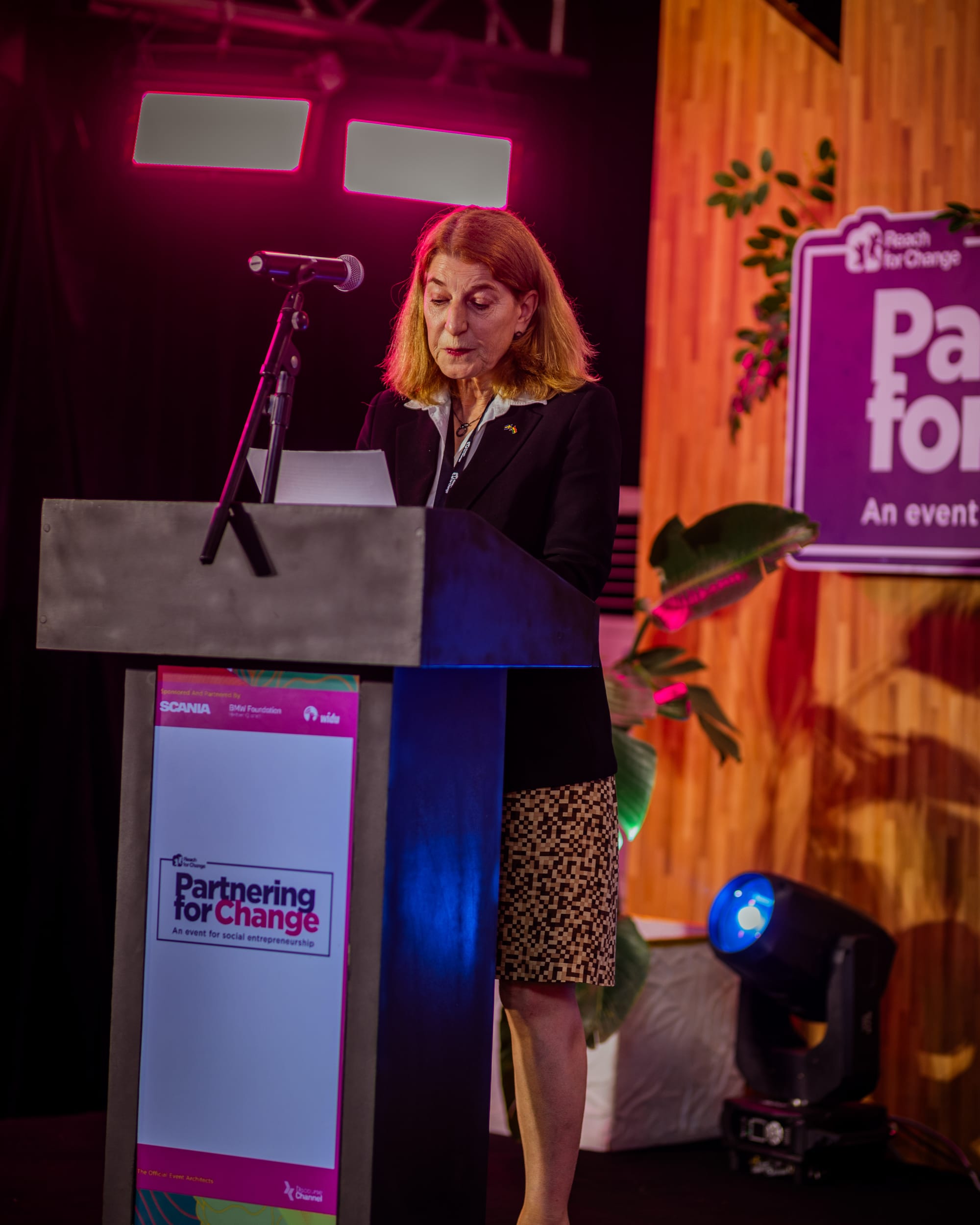
"Empowering women is not just the right thing to do—it’s the smart thing to do. When women thrive, economies grow, societies stabilise, and future generations benefit. Access to education, financial literacy, digital skills, and leadership opportunities are critical in ensuring that women and young girls in Ghana and West Africa are equipped to succeed in today’s global economy,"
she stated.
She also emphasised the role of digital innovation in breaking gender barriers, urging stakeholders to invest in technology-driven solutions that enhance women’s participation in key economic sectors.
Driving Impact Through Multi-Sectoral Collaboration
The event which featured a mix of powerful keynote speeches, compelling storytelling, and a creative podcast panel discussion delving into the systemic barriers hindering women's economic advancement in entrepreneurship, technology, and other emerging industries while exploring innovative solutions for transformative change showcased how Partnering for Change is more than just a dialogue platform—it is a movement aimed at forging meaningful partnerships that drive real impact. The presence of key stakeholders, including corporate giants, policymakers, social entrepreneurs, and investors, reinforced the collective responsibility required to reshape Africa’s entrepreneurial landscape.
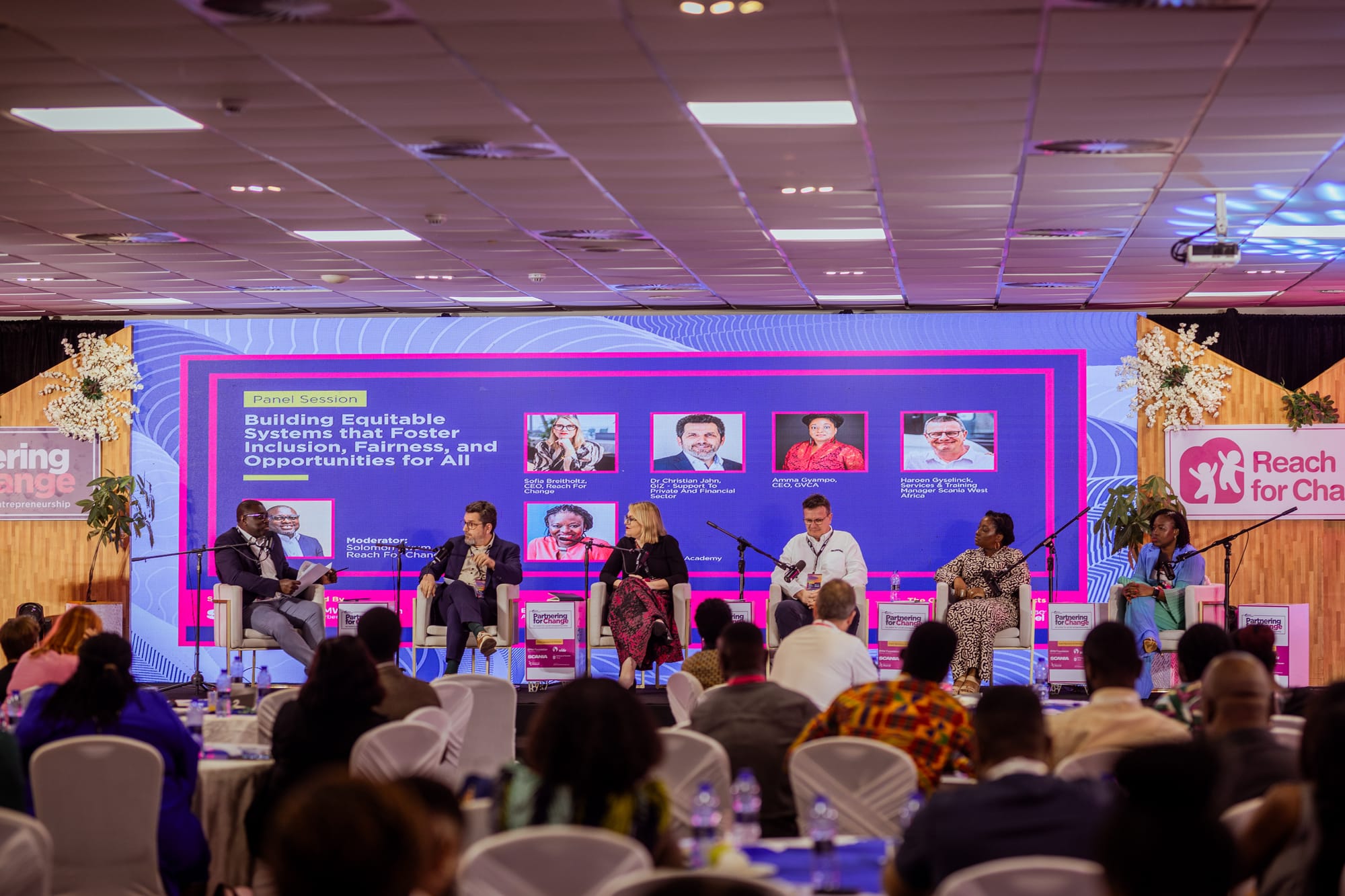
Reach for Change is profoundly grateful to its partners: the BMW Foundation, Scania Group (West Africa), Africa Discourse Channel, and WIDU.africa, as well as the support of the Ambassador of Sweden to Nigeria, Ghana, Cameroon, and the ECOWAS, and The Coca-Cola Company.
As the event concluded, participants committed to actionable next steps, including increasing investment in women-led enterprises, fostering inclusive policies, and amplifying the voices of female entrepreneurs.
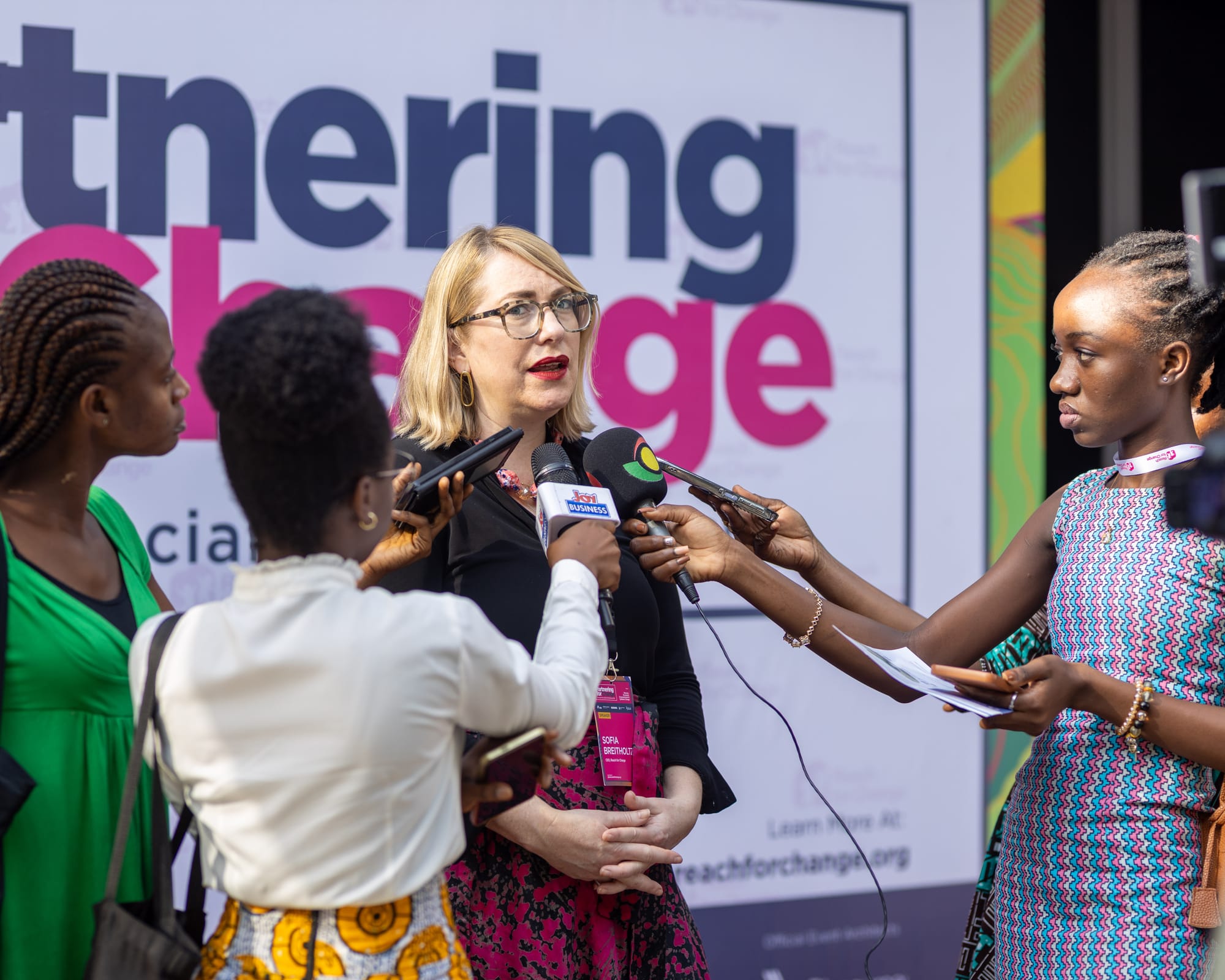
"The barriers women face are not insurmountable, but they require a coordinated response. Today, we move beyond conversations to action. Together, we will create an economic system where women can fully participate, innovate, and lead,"
Breitholtz affirmed.
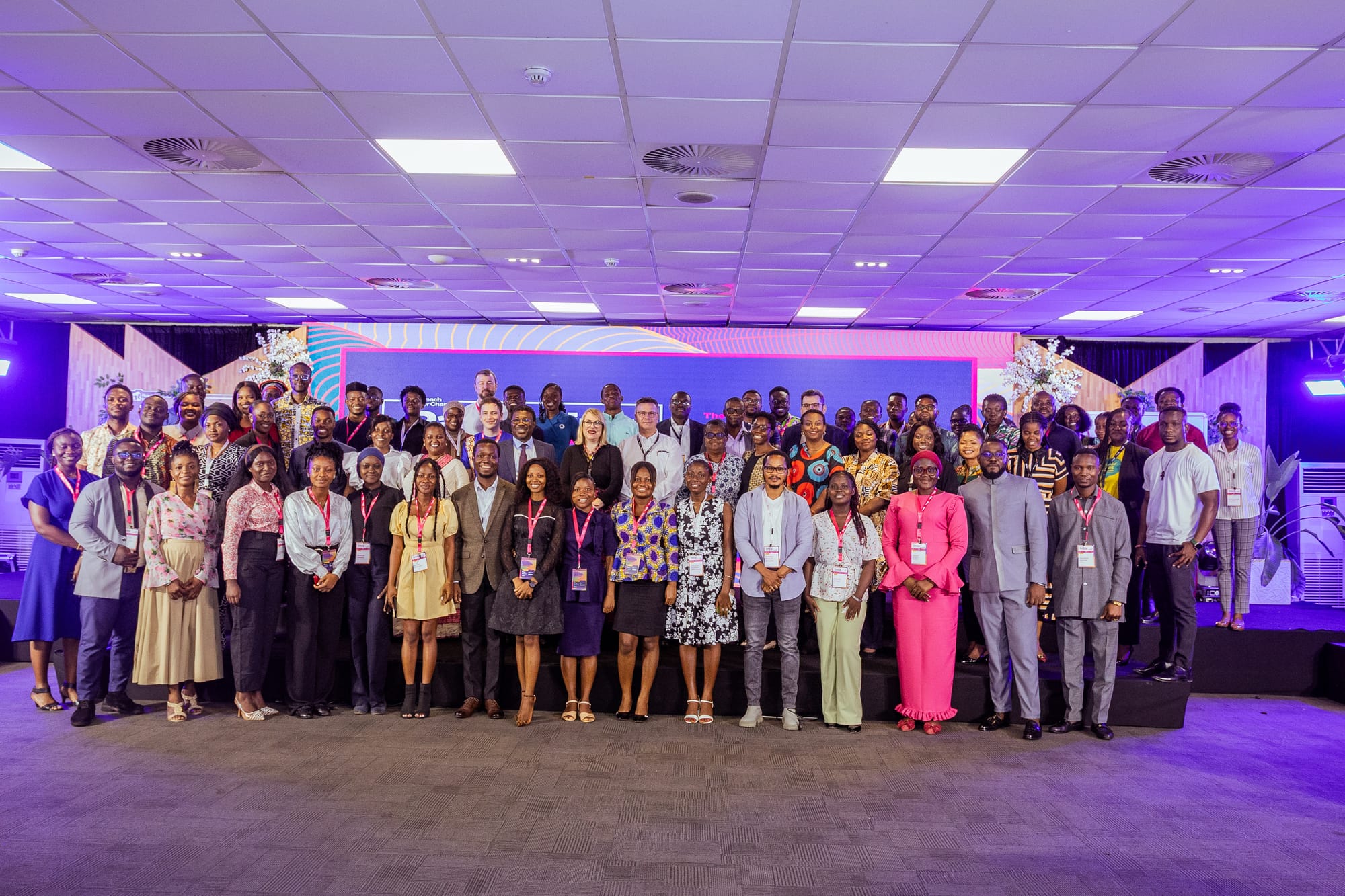
About Partnering for Change
Initiated in 2018 in Stockholm, Sweden, Partnering for Change is a global platform that unites leaders from social, business, and public sectors to explore solutions for pressing sustainability challenges. This year’s event, hosted in Accra, marks the second regional edition dedicated to advancing women’s economic empowerment in West Africa.
About Reach for Change
Reach for Change is a global non-profit organisation that empowers local social entrepreneurs through capacity-building and ecosystem development programmes. Since its inception in Sweden in 2010, the organisation has supported 2,000 Change Leaders across 18 countries, impacting over 4.3 million children and youth worldwide.


